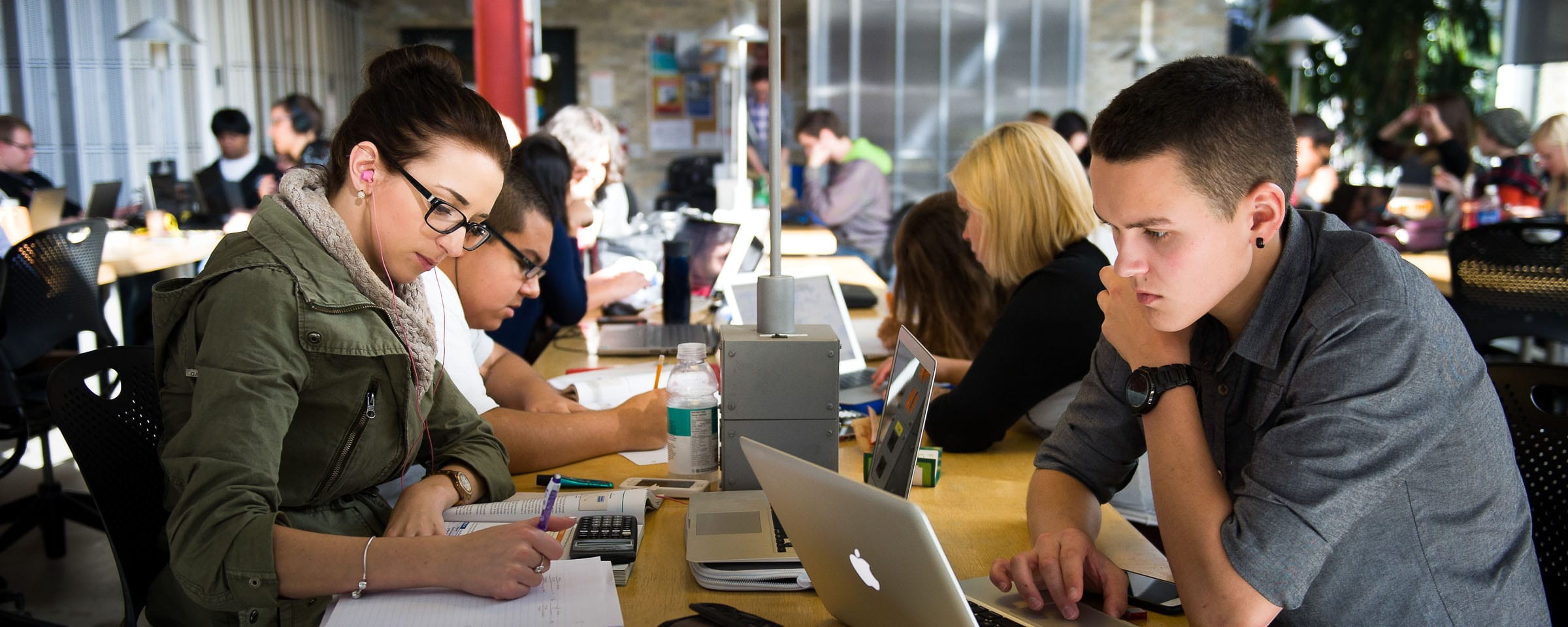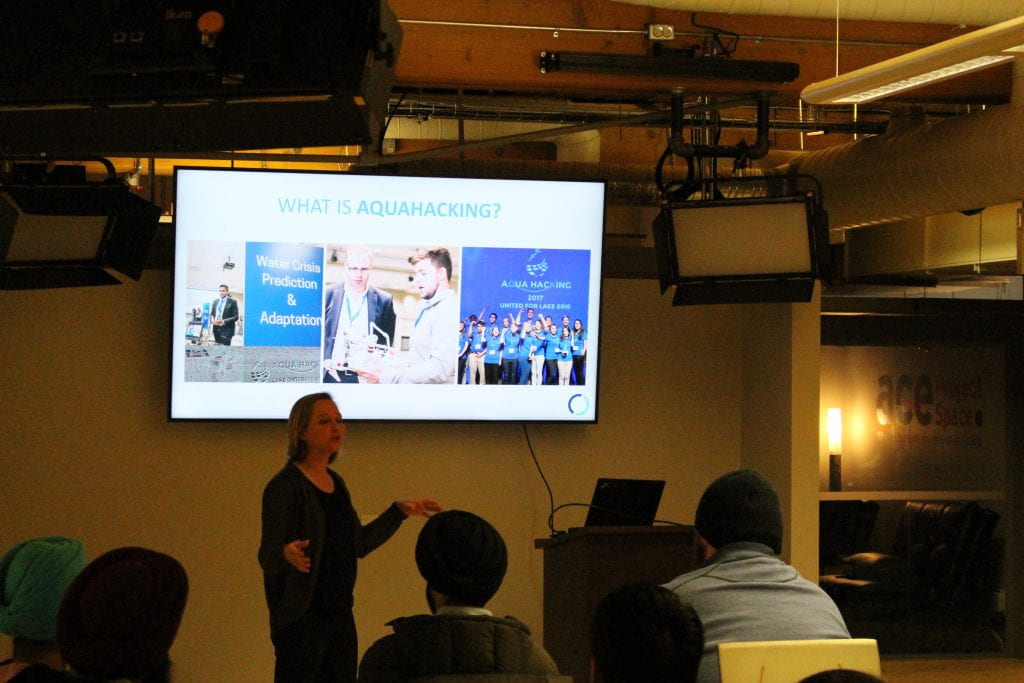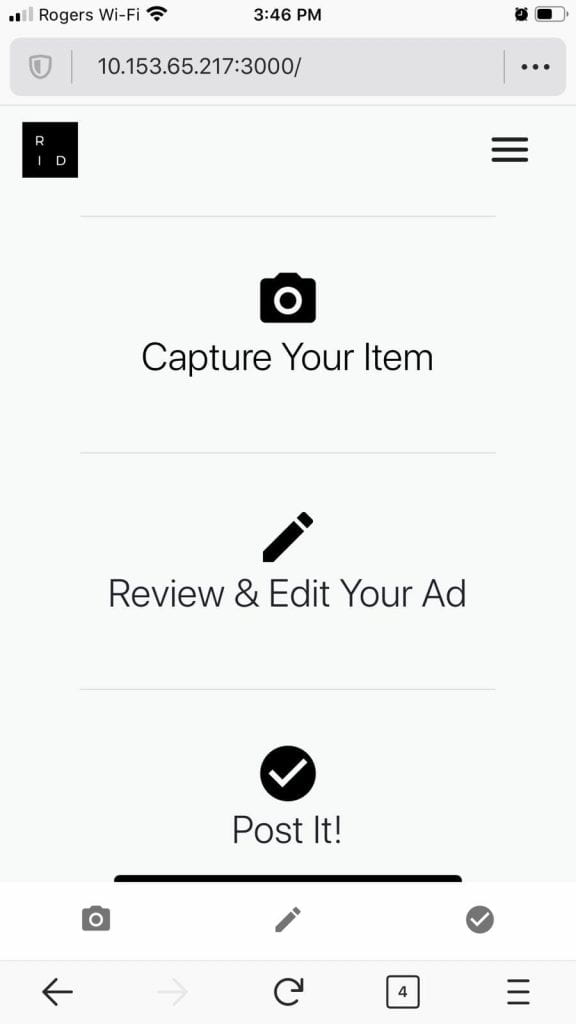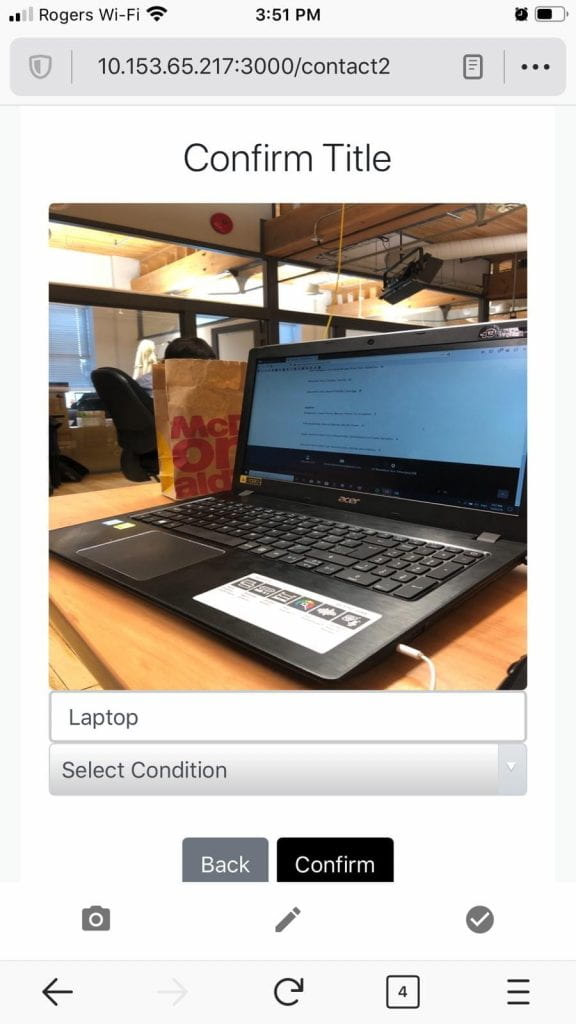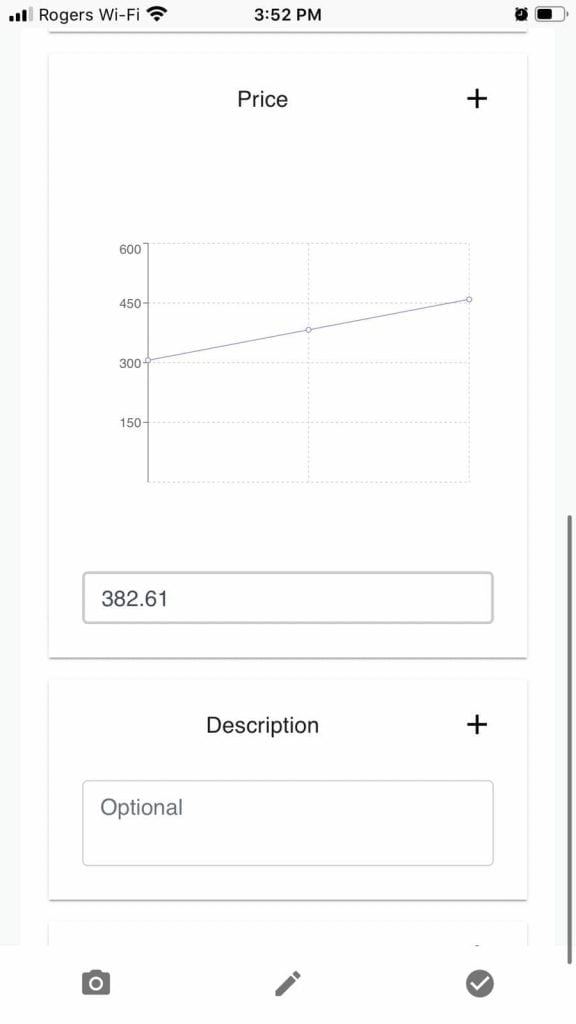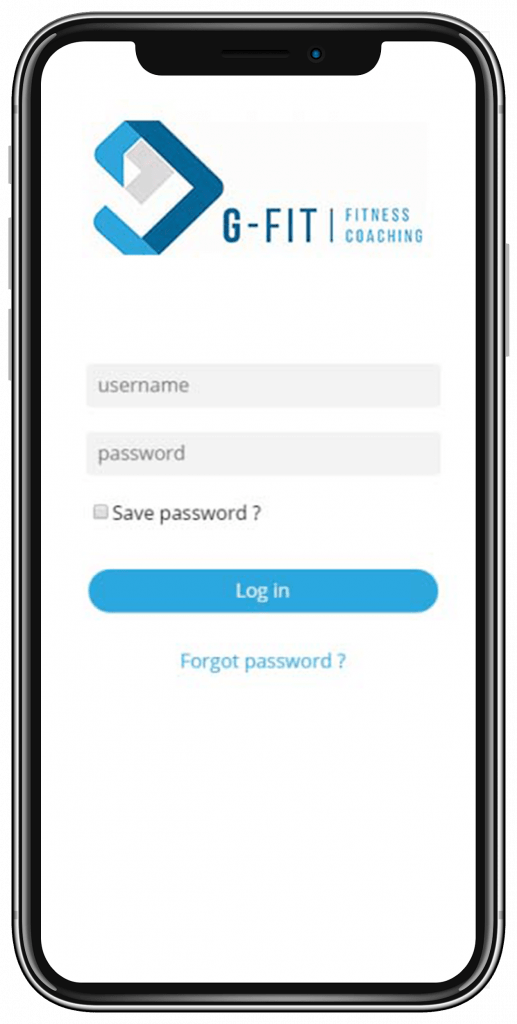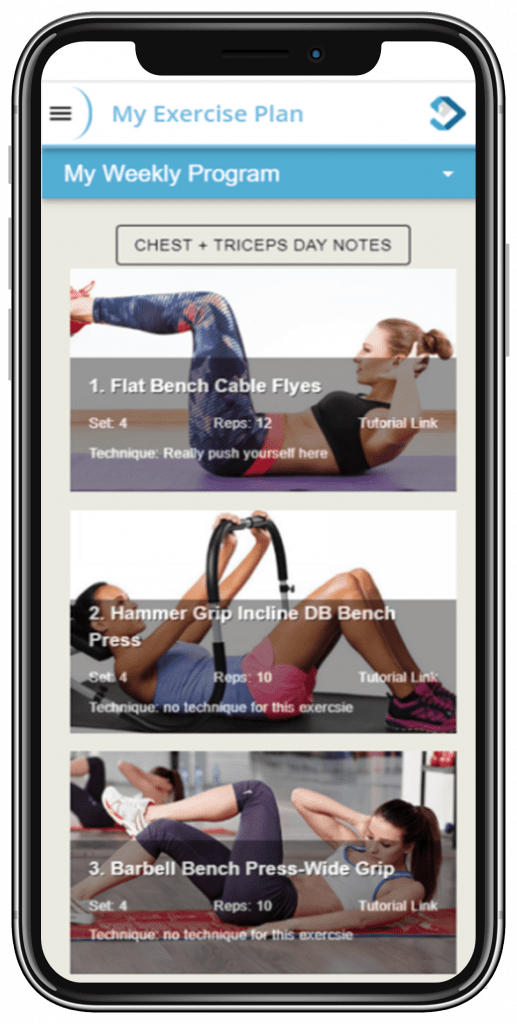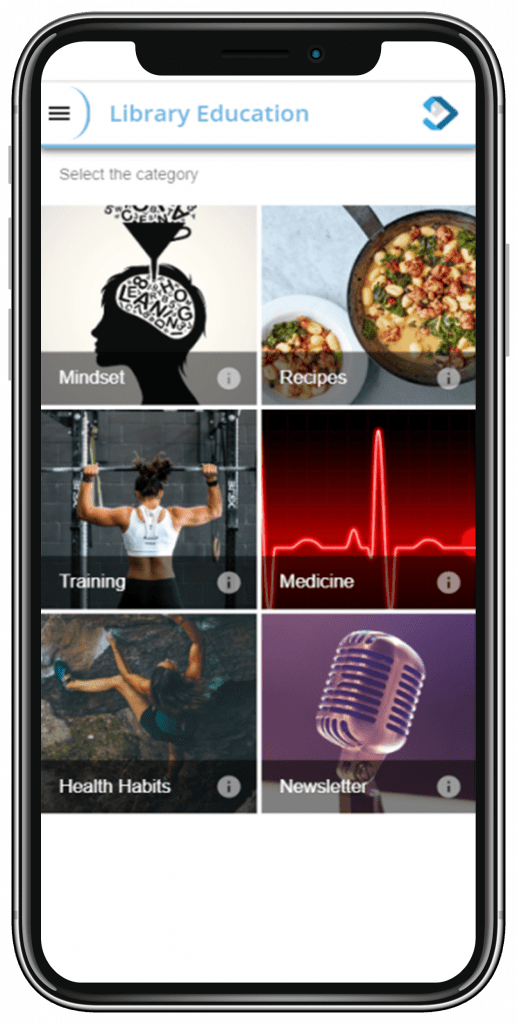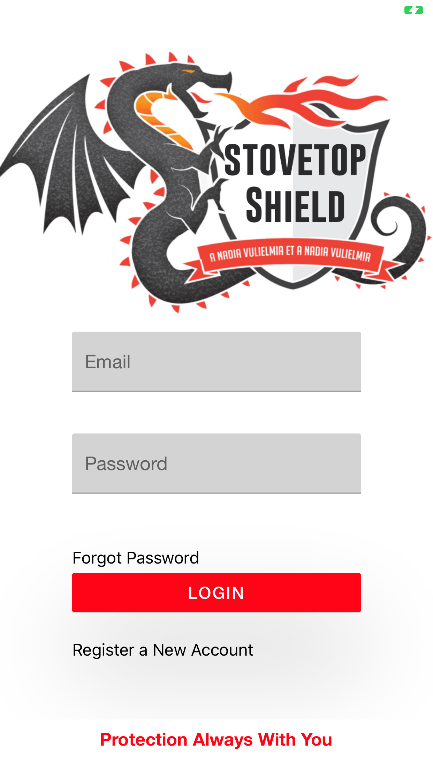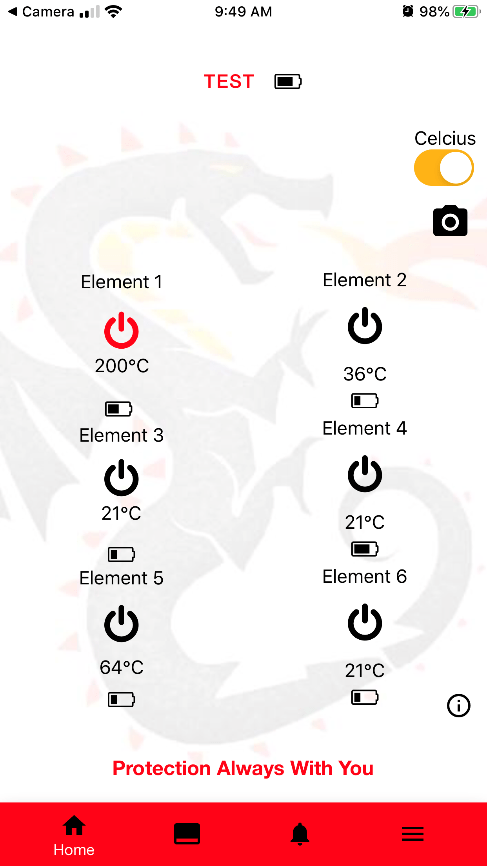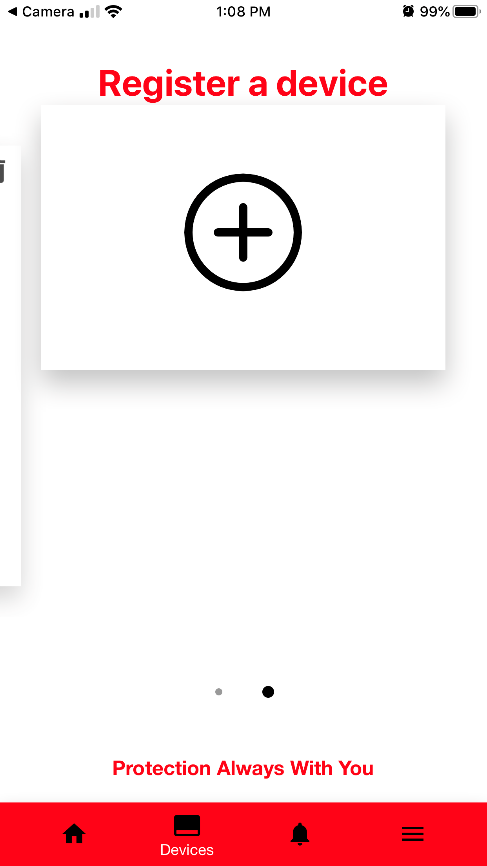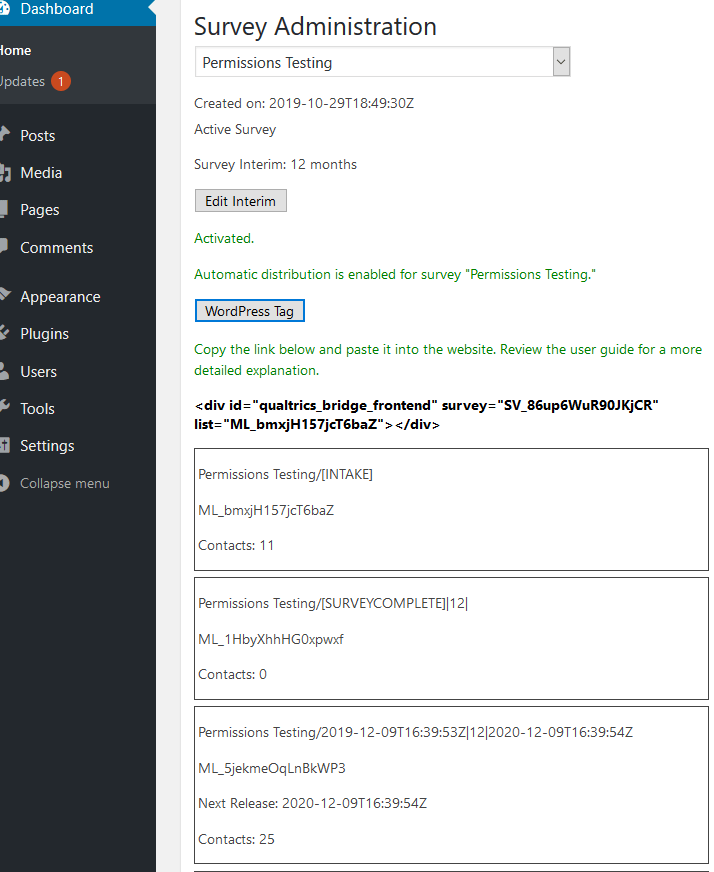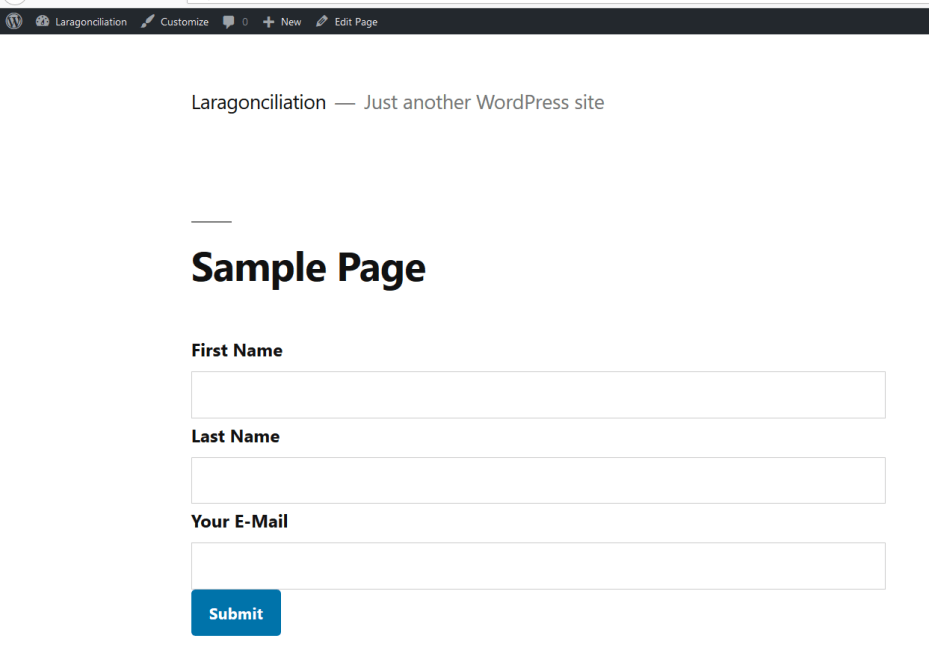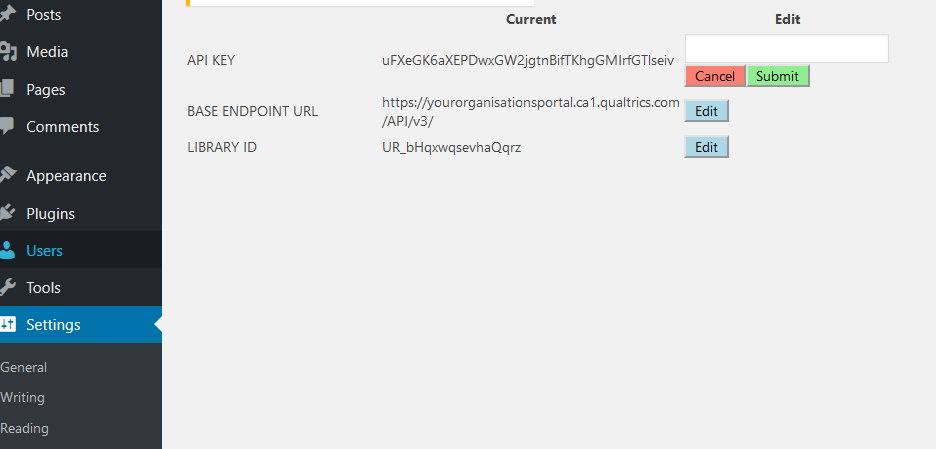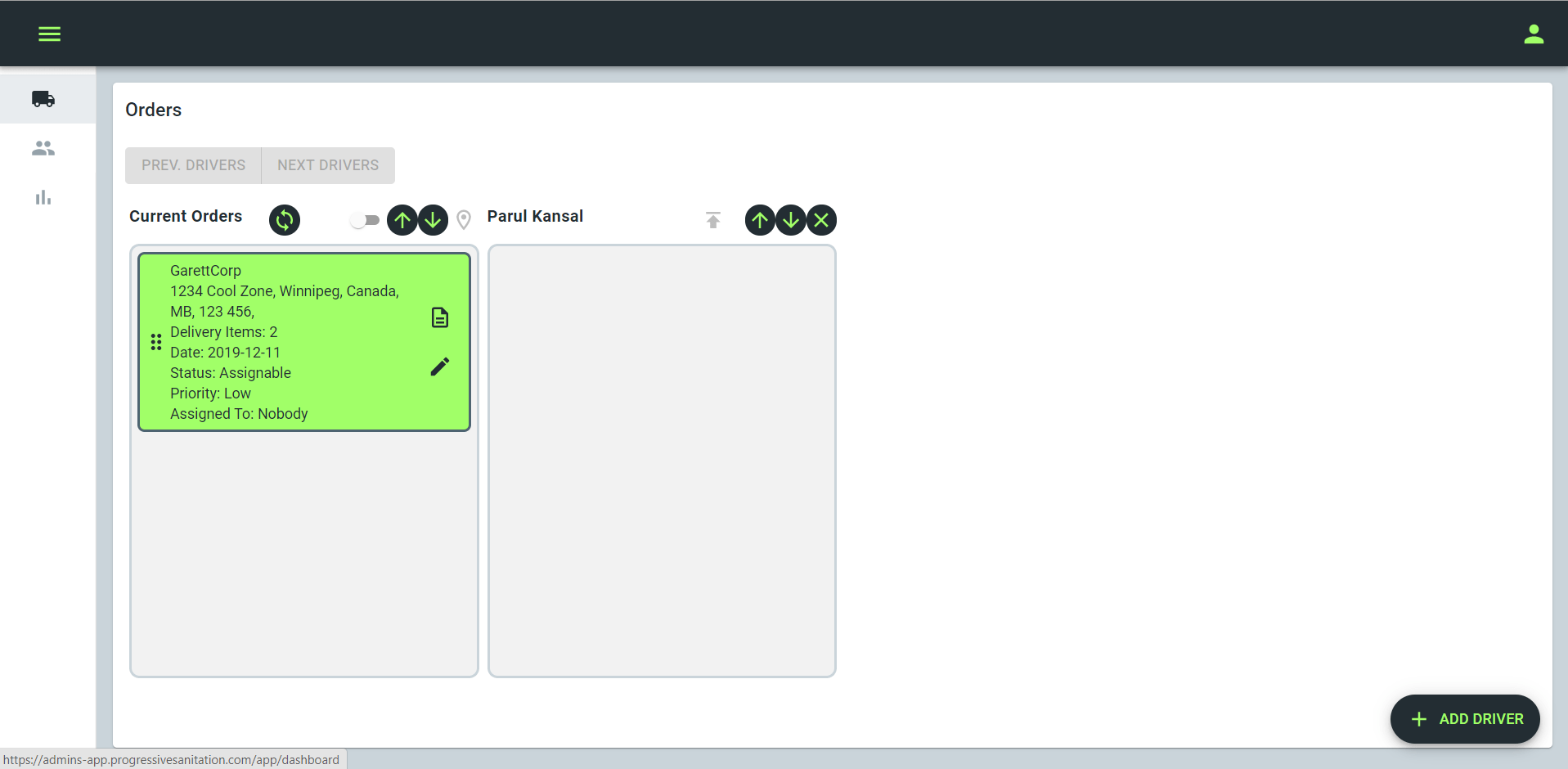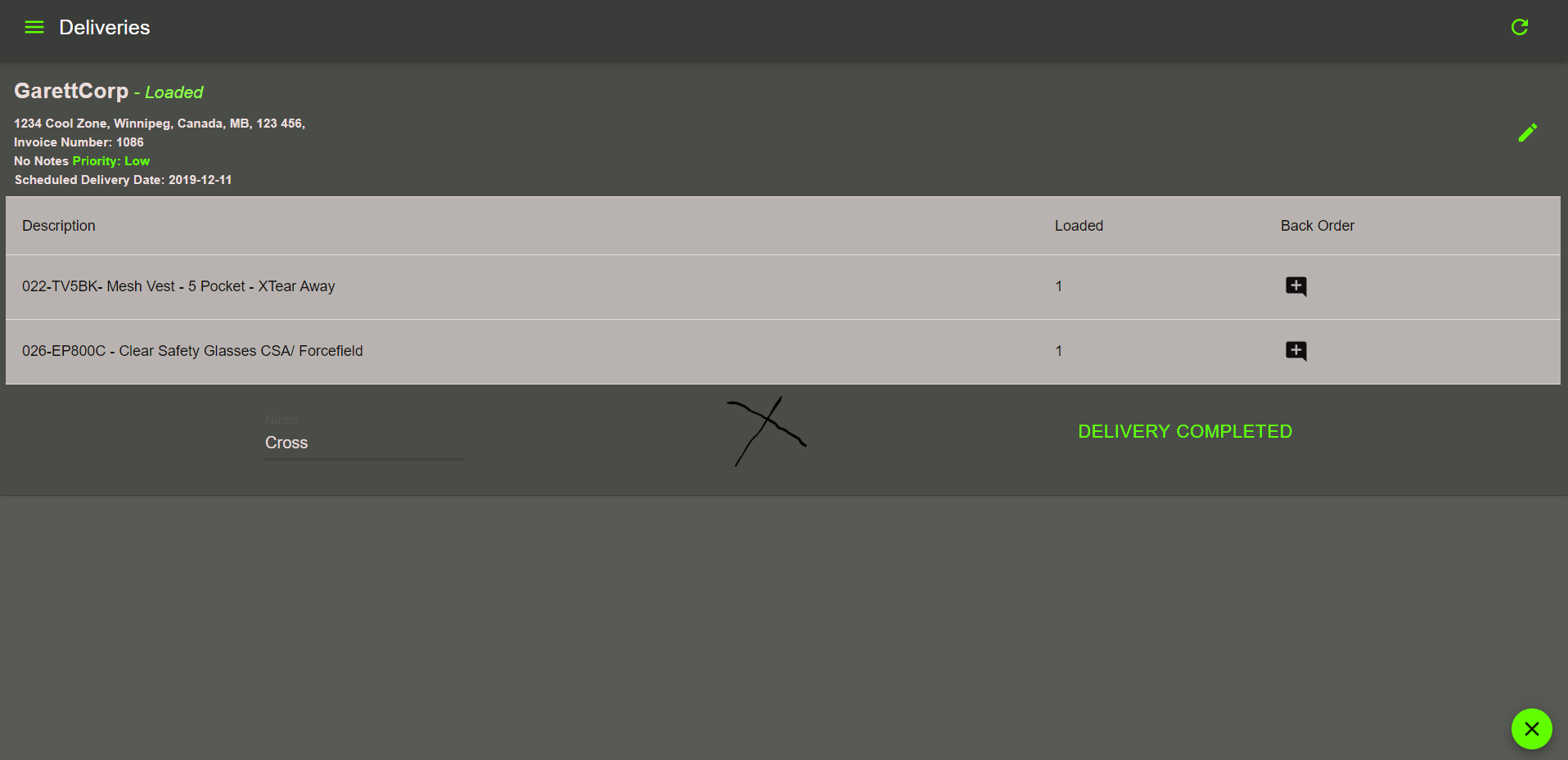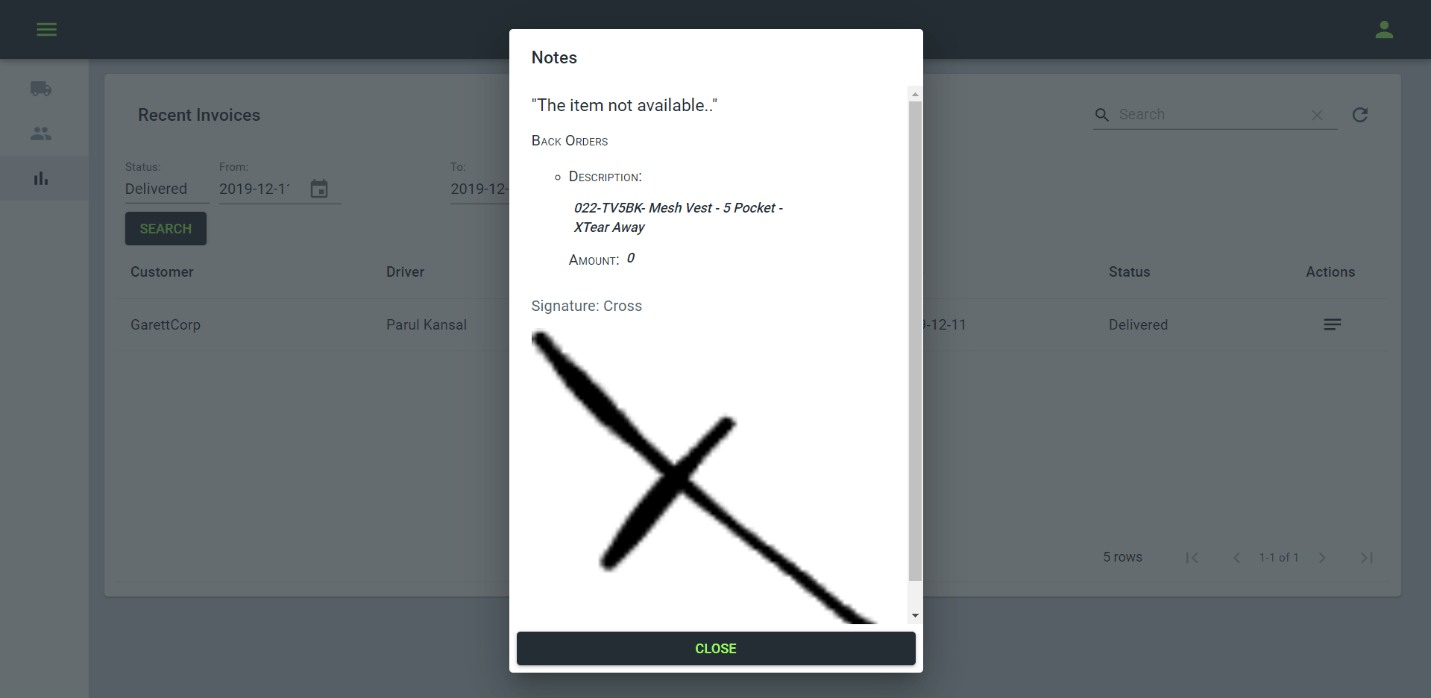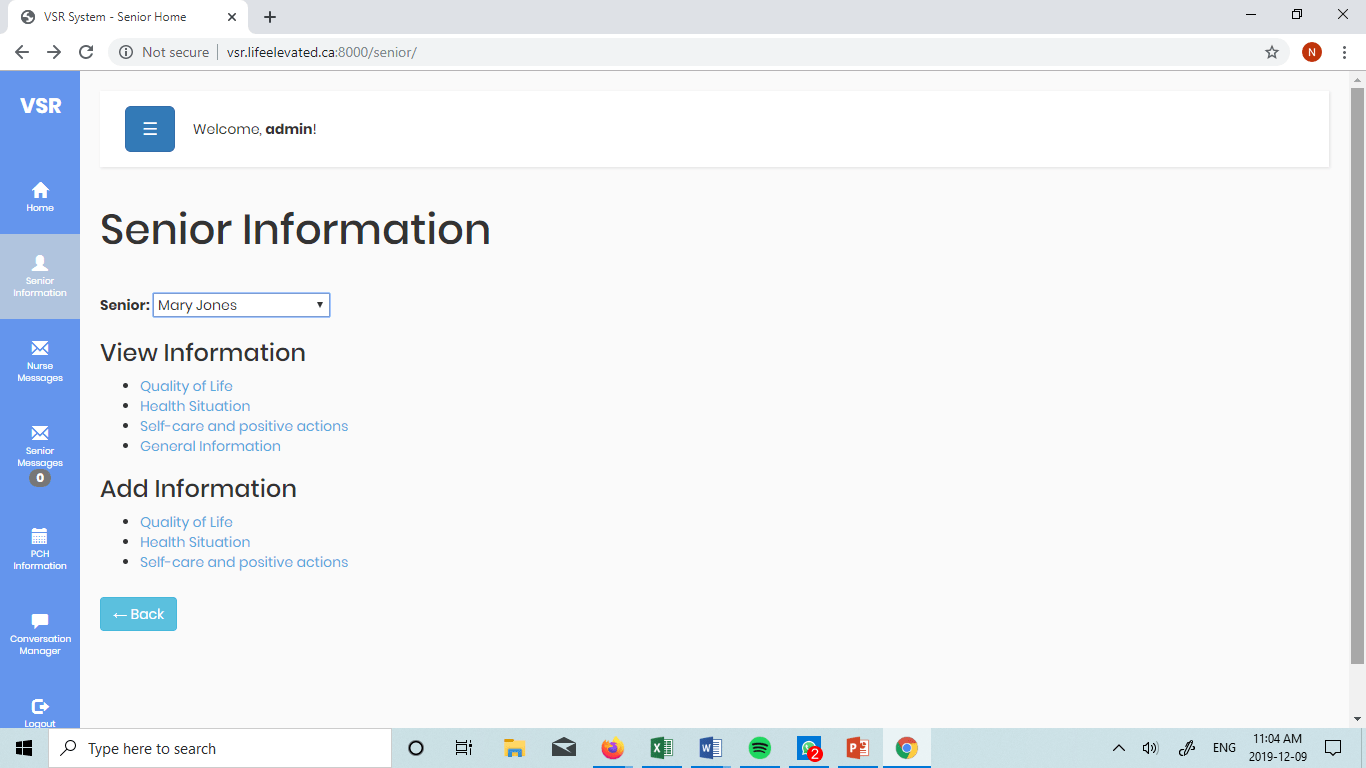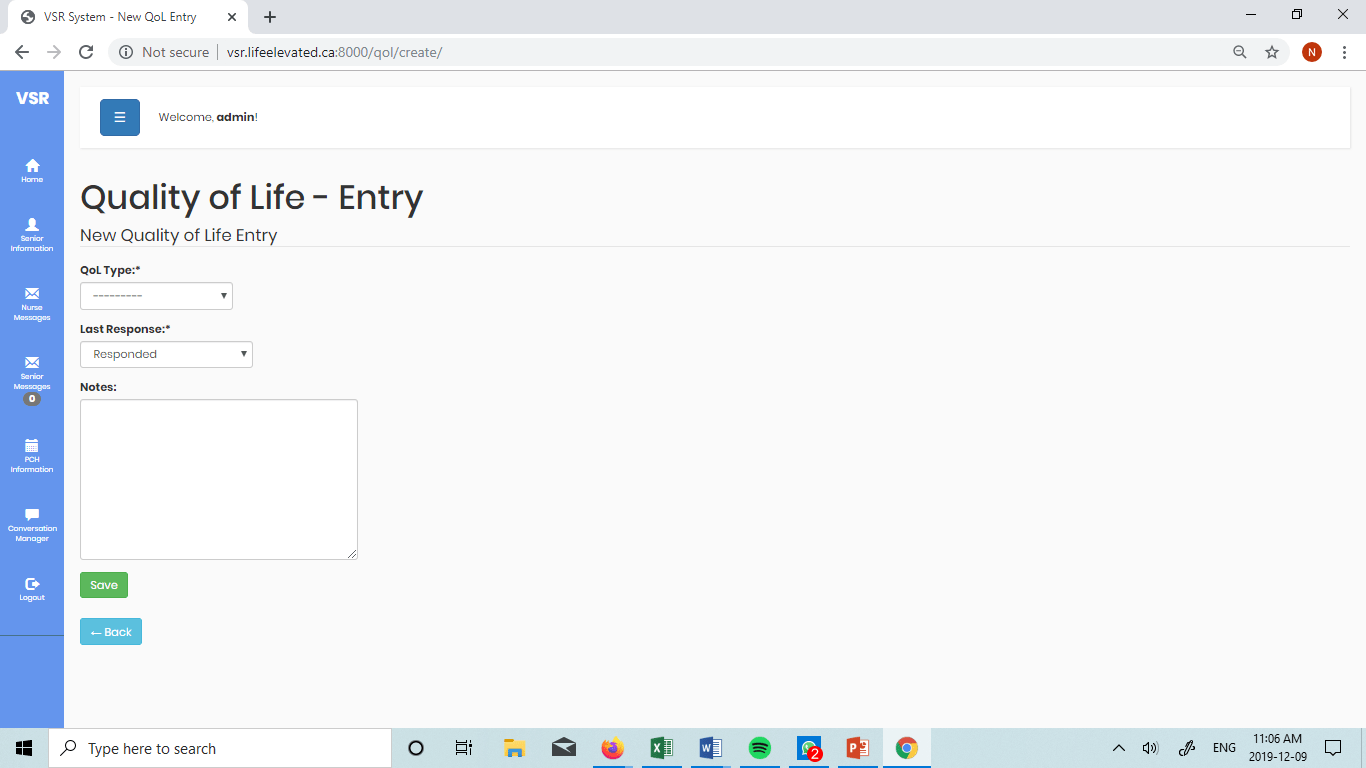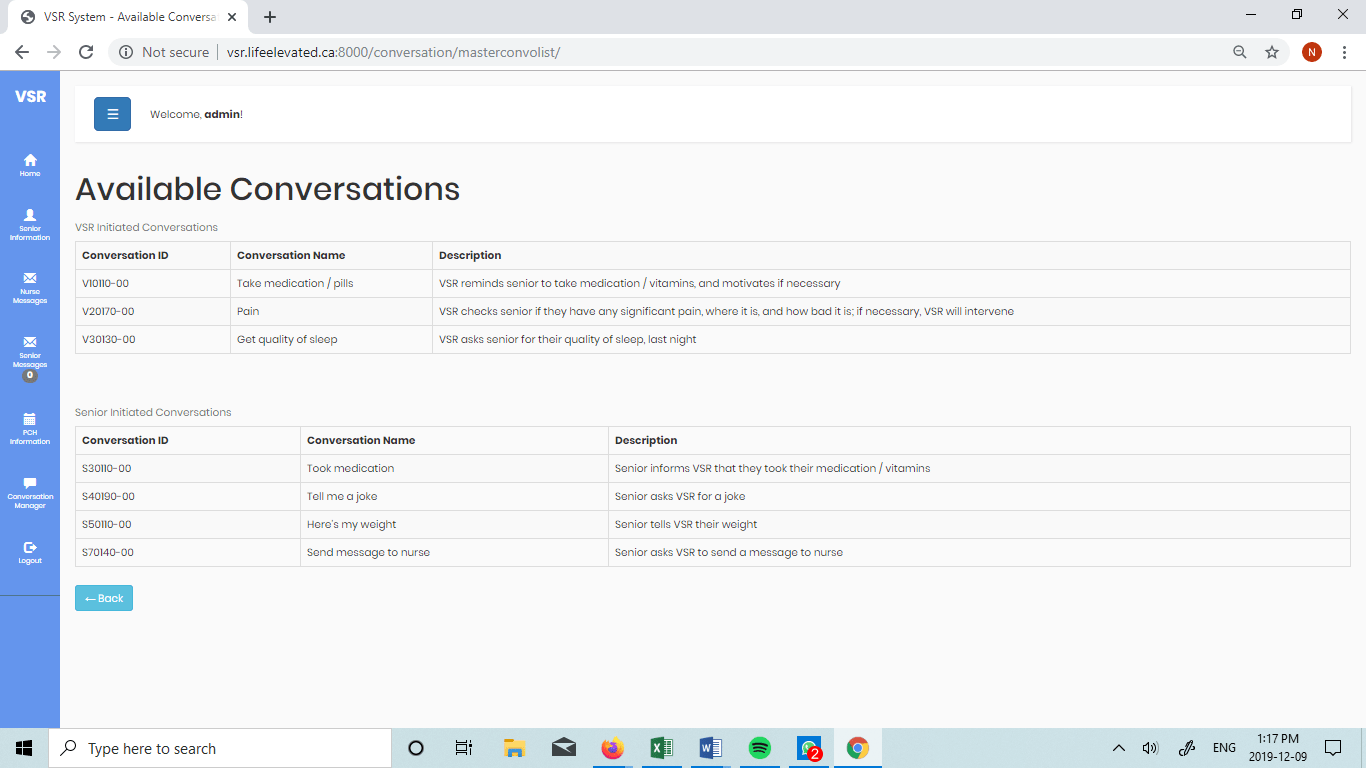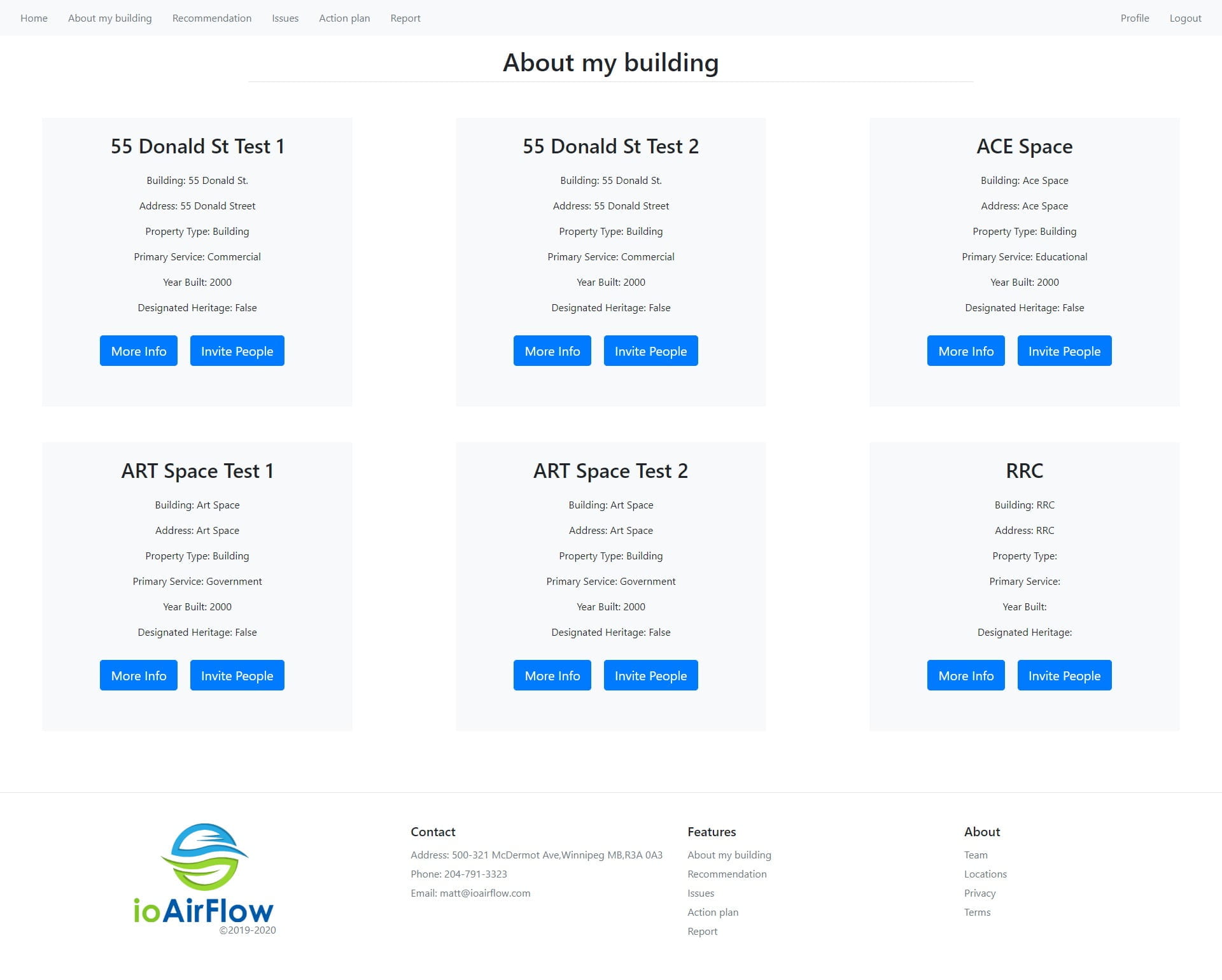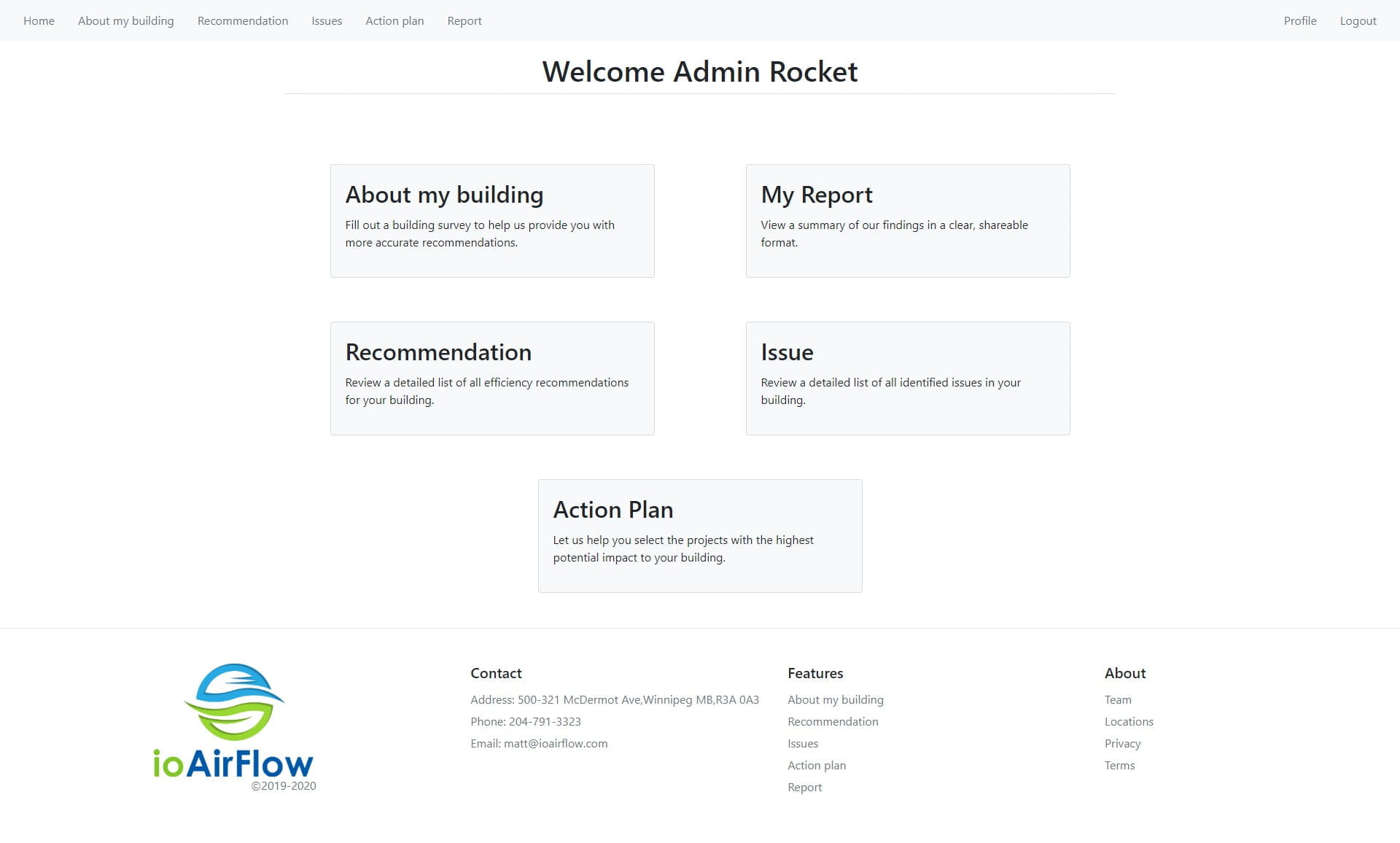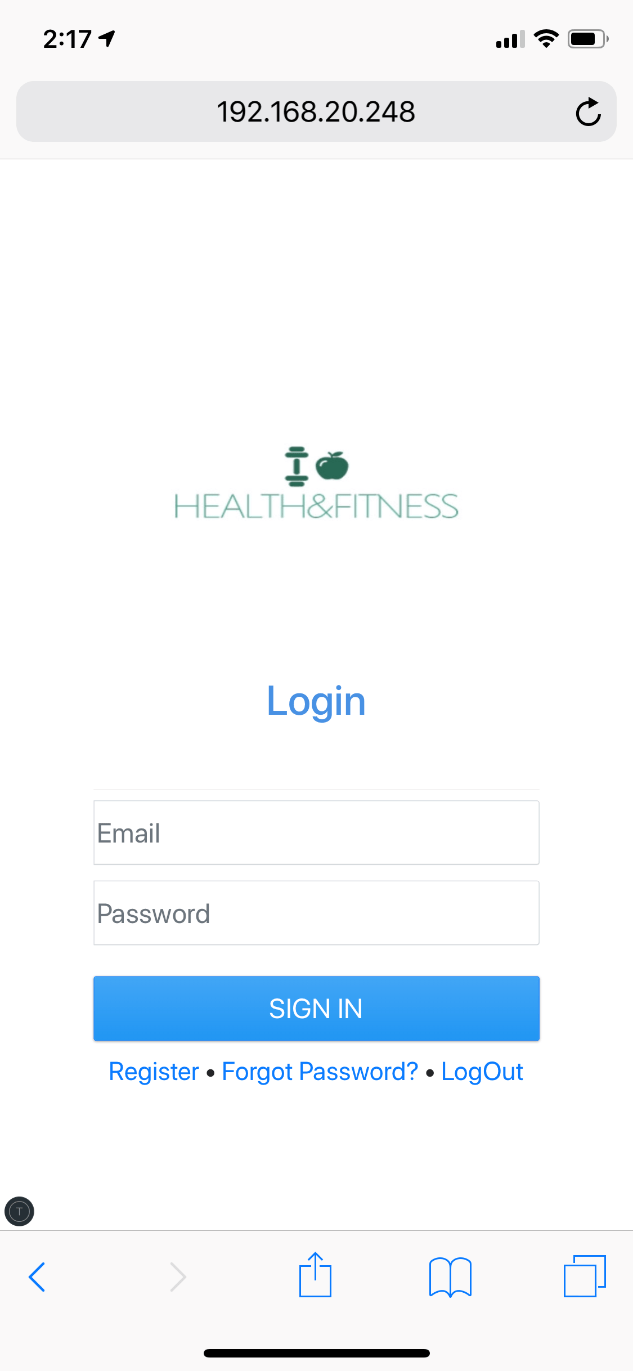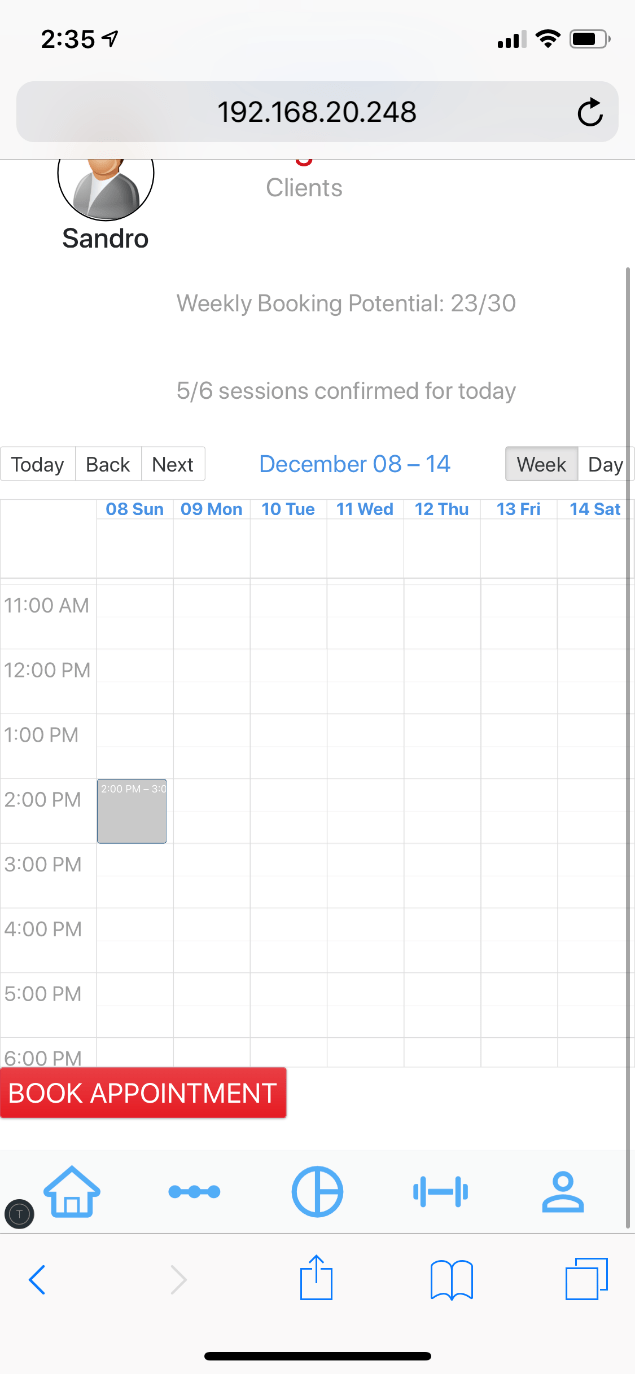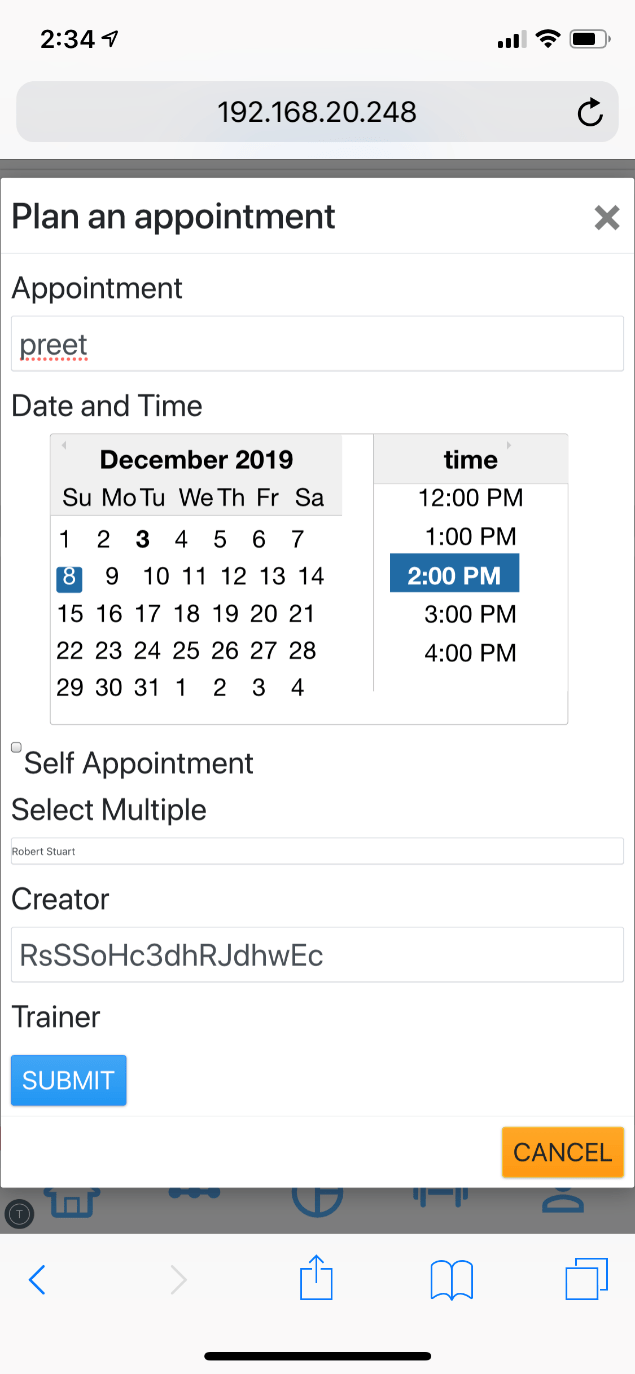Funding Opportunity: ICTC Work Integrated Learning
Hiring a student to work for your organization can help you launch your startup or validate your business ideas, and the Information and Communications Technology Council (ICTC-CTIC) of Canada wants to help you do it. The ICTC-CTIC’s Work Integrated Learning (WIL Digital) program can cover the up to 75% of wages to hire a student, up to $7,500, over a four month term or longer if need be.
ICTC-CTIC’s WIL Digital is an innovative Work Integrated Learning program that helps employers grow their businesses by providing financial assistance for hiring post-secondary students.
Our Success Story
This time last year, one of our student teams at the ACE Project Space were busy developing a solution for GFIT Wellness in their first project term with us.
Fast-forward to Summer 2020, GFIT Wellness had recently completed their second term with us at the ACE Project Space. Our client, Arturo Orellana of GFIT Wellness, was looking for funding to hire our students. Arturo reached out to Cheryl Serpanchy, ICTC-CTIC’s Regional Coordinator for Western Canada, who was able to connect him to WIL Digital funding and to our ACE department chair, Karen Kabel.
WIL Digital is designed to connect employers with funding to employ post-secondary students. In GFIT Wellness’ case, they were able to access $7,500 in funding to pay their first student-employee. The funding from ICTC-CTIC made it possible for GFIT Wellness to hire one of our project students from the ACE Project Space. Since their first student-hire, GFIT has hired 8 students using WIL Digital funding, $7,500 per student, to work for their company. They plan to employ more students in 2021 using WIL Digital funding.
GFIT’s story is one of many success stories from the ACE Project Space, as we encourage new clients to take advantage of sponsoring a project at the ACE Project Space and accessing funding opportunities.
Why Should You Hire One of Our Students?
Here at the Applied Computer Education (ACE) department at RRC, hiring students typically happens in one of three ways: Co-op Education, Industry Project at the ACE Project Space, or post-project to the ACE Project Space.
Hiring a student to work on your product is a practical and financially viable way to test business ideas or launch your start-up. When our students work for you, not only is it an opportunity to access technical skills to build your product, it is also a way for students to build up expertise and business knowledge that brings value to your organization. In a world where it can be challenging for students to build up work experience, hiring a student to your organization is a way for them to gain valuable work experience and potential references.
Which Institutions are Using ICTC-CTIC’s WIL Subsidy?
Colleges and Universities across Canada have accessed ICTC-CTIC’s WIL funding to create employment opportunities for students. The program is only applicable to Canadian and Permanent-Resident students.
• The University of Alberta hired 30 students to help create an online curriculum
• The University of Manitoba actively uses this program
• Atlantic Colleges Atlantique (ACA), with 7 post-secondary institution members, have a partnership with ICTC-CTIC’s WIL Digital program
ICTC-CTIC partners with educational institutions on programs that offer dual credits, and micro-credentials.
Take Action
Access ICTC-CTIC’s WIL Digital’s Funding
Apply for funding through WIL Digital and consider hiring a student from one of the Applied Computer Education (ACE) department’s programs.
Contact ICTC-CTIC’s Western Canada’s Regional Coordinator:
Cheryl Serpanchy
Phone: 204-808-1167 ext. 833
Email: c.serpanchy@ictc-ctic.ca
Or, apply online:
Apply for ICTC-CTIC’s WIL Digital Subsidy
Create a co-op employment opportunity
Considering hiring a student for co-op from one of our ACE programs?
Contact our co-op coordinator:
Dan Greenberg
Phone: 204-949-8382
Email: dgreenberg@rrc.ca
Develop and lauch your product while paying students
Do you have an idea you want to bring to life? Discuss opportunities to bring your project to be developed at the ACE Project Space.
Contact our ACE Project Space coordinator:
Ralph Dueck Email: rwdueck@rrc.ca
Or, apply to have your project developed with us:
Apply to the ACE Project Space
Learn More about our experience with GFIT
Read about GFIT Wellness’ story at ICTC-CTIC
Read about gfit’s first project term with the ACE Project Space
